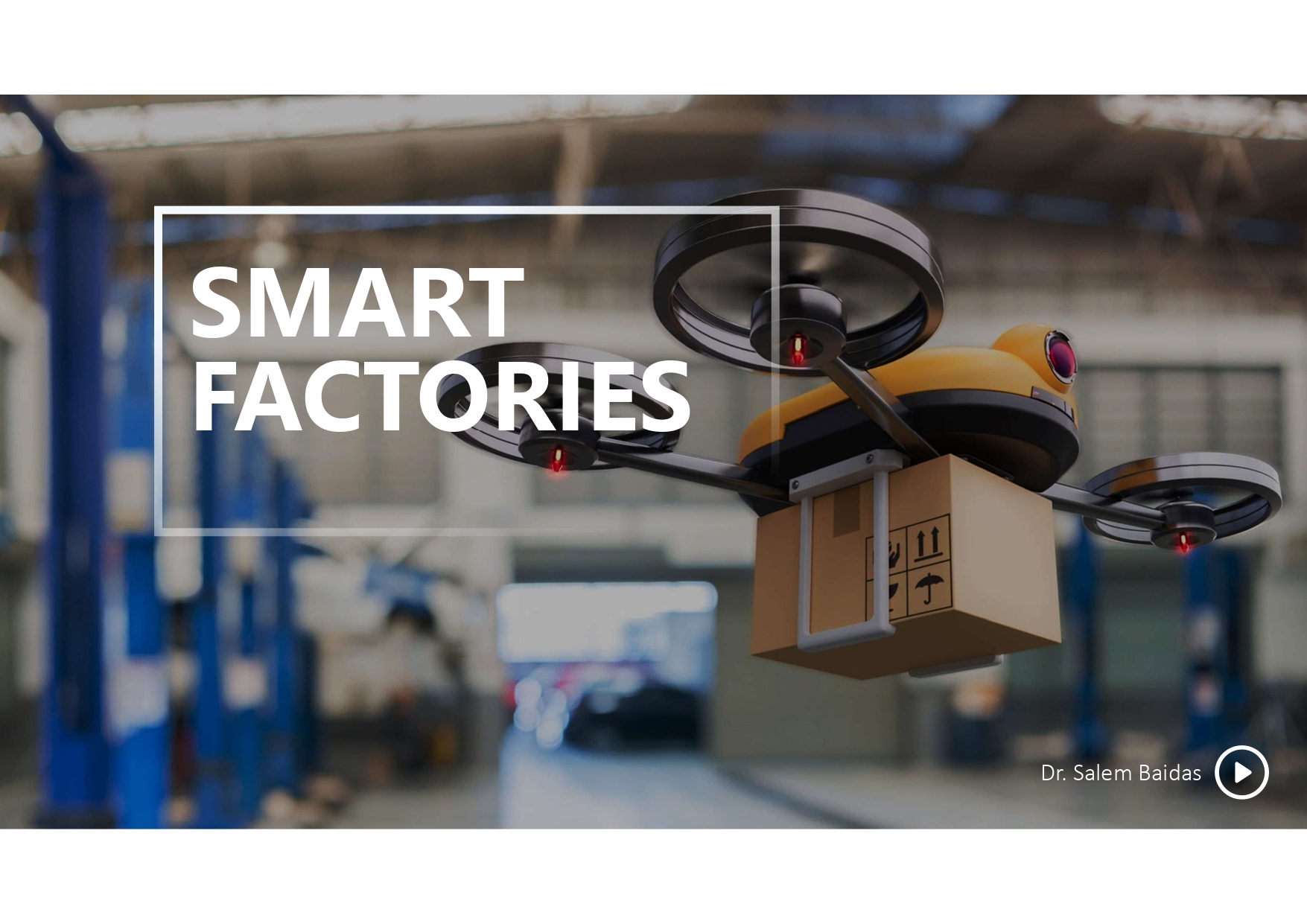Smart Factories
May 2024 – Smart Manufacturing is defined as a combination of various technologies that are applied into the manufacturing process to optimize efficiency, agility and avoid downtime. Smart manufacturing technologies include Artificial Intelligence (AI), Industrial IoT (IIoT), Machine Learning (ML), cloud computing, autonomous robots, digital twin, blockchain, cybersecurity, and edge computing. Industry 4.0 process optimization enriches smart manufacturing with a broader vision, creating an agile system that responds swiftly to changing conditions. The Smart Factory implementation process requires stakeholder approval, a comprehensive plan with Key Performance Indicators (KPIs), workforce training, and recruiting technical talent such as robotics specialists and digital twin engineers. Smart manufacturing has many advantages, including productivity, agility, sustainability, responsiveness, improved quality control, end-to-end cost savings, and customer satisfaction. Smart manufacturing challenges include outdated legacy IT systems, costs and resource limitations, digital skills gap, and poor cybersecurity. To address smart manufacturing challenges, manufacturers need to evaluate the management system across all departments to ensure full IT integration, adopt a minimum viable product approach to reduce spending, switch to cloud computing and private wireless networks to enhance security and restrict outside access to IIoT systems. Policy wise, smart manufacturing aims to upgrade, retrofit, and enhance the manufacturing process using a technology-driven approach, and aligning with the United Nations (UN) Sustainable Development Goal (SDG9): Build resilient infrastructure, promote inclusive and sustainable industrialization, and foster innovation.
In this slideshow, you will learn about the definition, technologies, implementation requirements, advantages, challenges, solutions, UN policy, and global statistics of Smart Factories and Smart Manufacturing.































